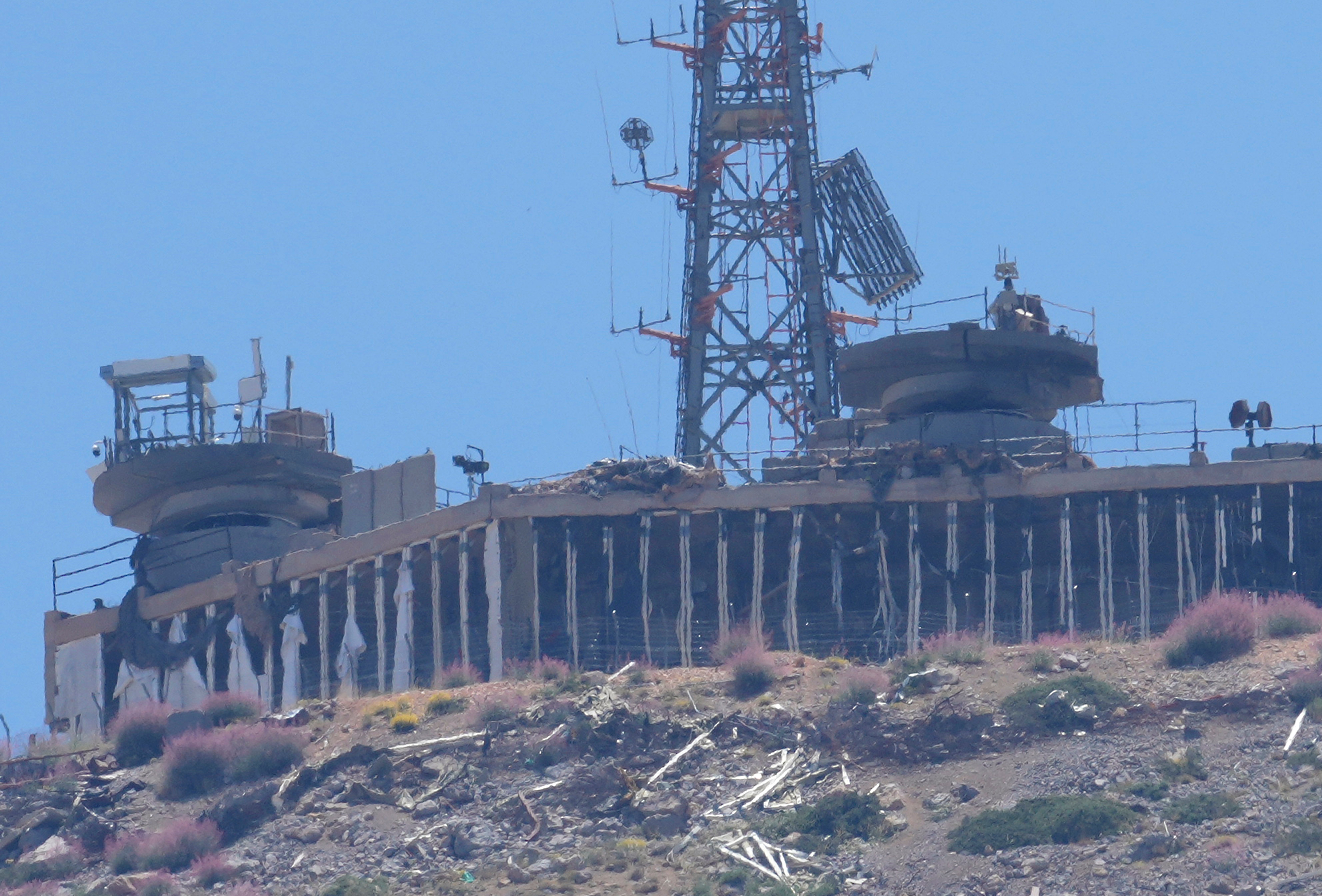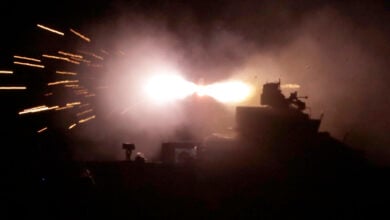Israel neutralises Hezbollah missile threat in southern Lebanon
Israeli strikes neutralise Hezbollah threat, temporary halt in hostilities

Israeli officials and media expressed satisfaction on Monday after effectively countering a missile attack by Hezbollah, supported by Iran. The pre-emptive Israeli strikes in southern Lebanon appeared to have largely neutralised the threat.
Sunday’s attack, a response to the killing of a senior Hezbollah commander in Beirut last month, seemed to be considered resolved by both sides for the time being.
David Mencer, an Israeli government spokesperson, stated Hezbollah had suffered a “crushing blow” but emphasised the need for a more permanent solution.
He highlighted the unsustainable nature of the current situation, with tens of thousands evacuated from northern Israel, mirroring displacements in southern Lebanon. Mencer affirmed Israel’s commitment to returning its population to its sovereign territory.
Hopes for children returning to school in September have faded, with financial aid for evacuated residents extended to 30 September. Some optimism arose from the limited damage caused by the exchange of fire, which might facilitate talks to end the fighting in Gaza and secure the release of Israeli and foreign hostages.
Hamas, a Palestinian militant group, has refused any deal allowing Israeli troops to remain in the southern Gaza Strip. Some commentators suggested Sunday’s events might indicate Hamas lacks the support needed to escalate the conflict beyond Gaza. Avi Issacharoff, a commentator for Yedioth Ahronoth, speculated that Israel’s success against Hezbollah might lead to Hamas concessions in hostage negotiations.
Early on Sunday morning, around 100 Israeli jets targeted Hezbollah launch sites in southern Lebanon, destroying thousands of rockets aimed at Israel. Although Hezbollah launched hundreds of missiles, most were intercepted or landed in uninhabited areas.
Hezbollah denied its response to Fuad Shukr’s killing had been thwarted but indicated the operation had concluded successfully, suggesting a temporary halt to the hostilities.
Iran, which has pledged retaliation for the assassination of Hamas political leader Ismail Haniyeh in Tehran last month, stated it does not seek to escalate regional tensions.
What Other Media Are Saying
- AOL reports that Israel claims to have foiled Hezbollah’s attack, but the situation on the Lebanon border remains unsustainable, with evacuations continuing and hopes for a lasting solution elusive. (read more)
- Reuters reports on a significant missile exchange between Israel and Hezbollah, with both sides claiming success in their attacks, although fears of further escalation remain high. (read more)
- BBC News reports that Israel and Hezbollah are engaged in a significant conflict, with Israel launching airstrikes on Lebanese targets and Hezbollah retaliating with rockets and drones. (read more)
Frequently Asked Questions
Here are some common questions asked about this news
What happened in the recent conflict between Israel and Hezbollah?
Israel thwarted a missile attack by Hezbollah with pre-emptive strikes in southern Lebanon.
What was the reason behind Hezbollah’s attack on Israel?
Hezbollah’s attack was in retaliation for the killing of a senior commander in Beirut last month.
What measures has Israel taken for evacuees in northern Israel?
Financial assistance for residents evacuated from their homes has been extended to Sept. 30.
How did Iran respond to the recent tensions in the region?
Iran stated it is not looking to fuel regional tensions despite the assassination of Hamas political leader Ismail Haniyeh.
What impact might the recent exchange of fire have on negotiations with Hamas?
The exchange might lead to concessions by Hamas in negotiations over a hostage deal.







